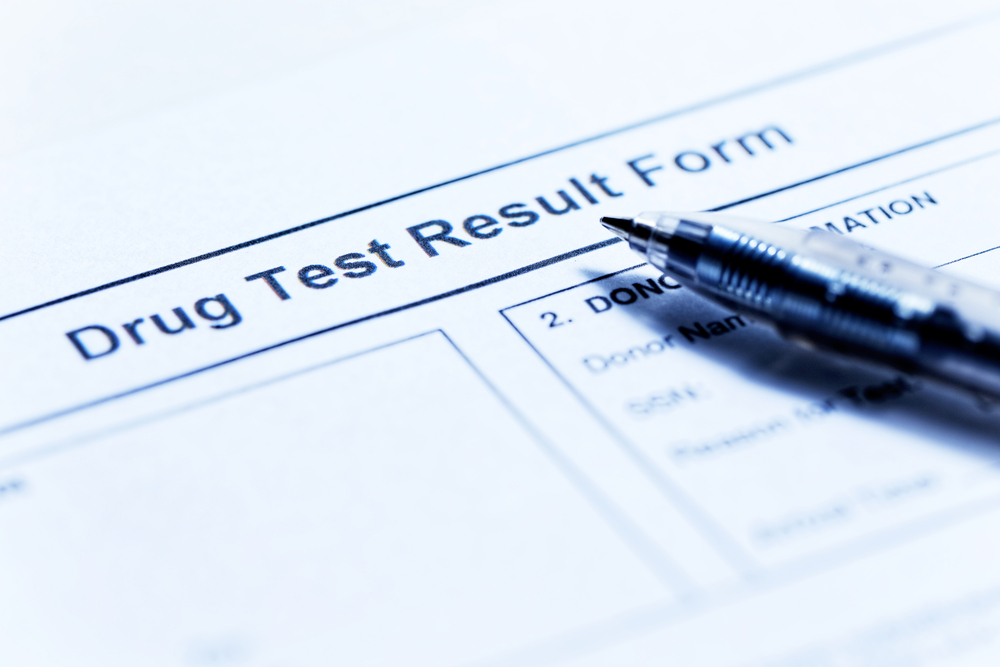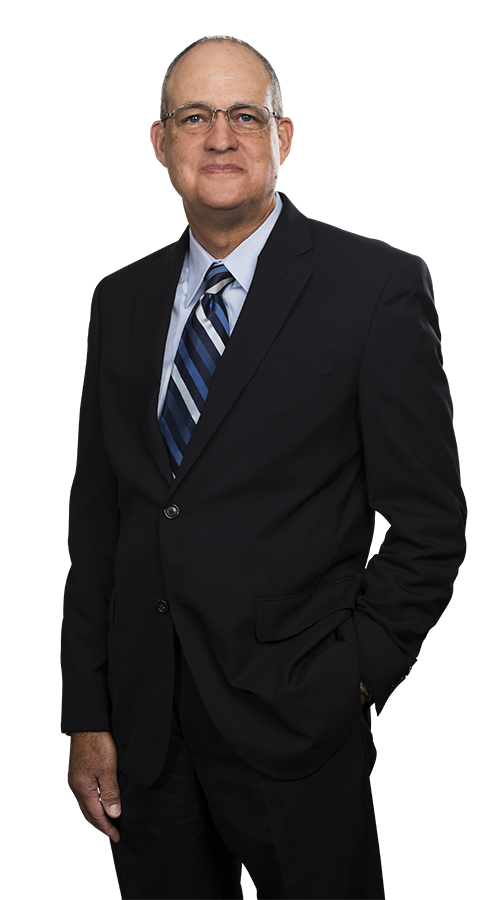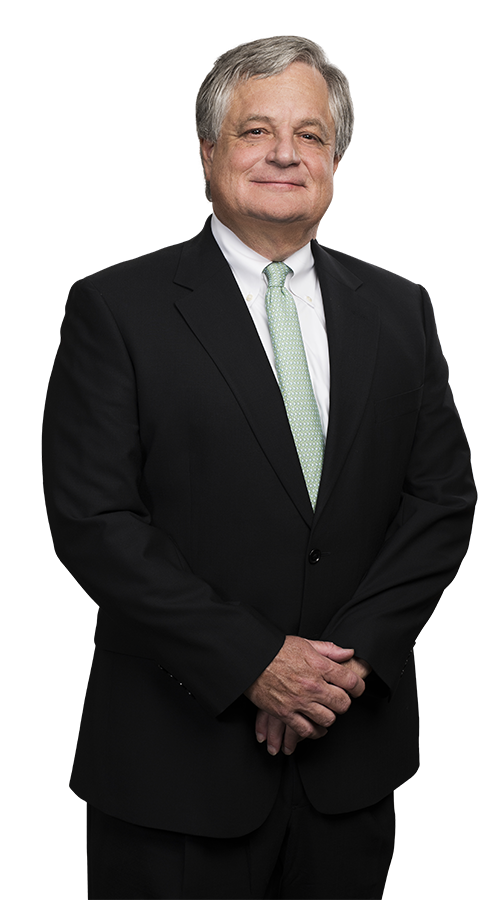- Alma J. Aguirre
- Amine Ammar-Aouchiche
- Katy Merrill Andre
- Courtney Culver Baker
- Stephen Bres
- Thomas H. Burton, III
- Giorgio “George” Caflisch
- Victor L. Cardenas Jr.
- Adam B. Chambers
- Ben Connally
- Casey Craft
- Kimberley L. Doom
- Clint Dye
- Stephanie F. Erhart
- Amanda J. Flanagan
- Dalby Fleming
- Joseph A. Garnett
- Steven O. Grubbs
- Jamie Guidry
- Christina “Tina” E. Gutierrez
- Veronica Ibraheim
- Christopher R. Jackson
- James W. Karel
- Henry C. A. List, Jr.
- Travis Livermore
- Donald Loving
- Cade Lunsford
- Dale B. McMath
- Amy Mitchell
- Dawn A. Moore
- Brent Myklebust
- Tim Nebel
- Raymond A. Neuer
- Kevin Niknam
- Nancy A. Norman
- David Oh
- Christopher A. Palumbo
- George P. Pappas
- R. Edward Perkins
- Lara M. Price
- Carolyn K. Rangel
- James E. Rensimer
- Cameron D. Renton
- Richard A. Sheehy
- J. Parker Short
- Wesley T. Sprague
- Brian Tagtmeier
- Jana H. Taylor
- Erik Veliz
- James L. Ware
- Ann P. Watson
- Michael P. White
- Christene Wood
- Justin T. Woods
- David A. Wright
- Michael Yanochik

What Texas Trucking Companies Need to Know about Driver Drug and Alcohol Testing Rules
Nearly all drivers who are required to have a commercial driver’s license (CDL) are subject to the drug and alcohol testing rules enforced by the Federal Motor Carrier Safety Administration (FMCSA). In Texas, a CDL is required for drivers operating a vehicle that is greater than 26,000 pounds, designed to carry 16 or more passengers (including the driver), or used to transport hazardous materials. Trucking companies are responsible for ensuring that the requisite testing be conducted on all drivers.
Alcohol and Drug Use
Workers are prohibited from driving or performing other safety-sensitive transportation duties if they have a breath alcohol concentration of 0.04 percent or greater, or while using alcohol or within four hours of using alcohol. They are also prohibited from performing these duties if they refuse to submit to an alcohol or controlled substance test, or within eight hours after an accident or until tested, whichever comes first.
Unauthorized or illicit use of controlled substances is prohibited by the FMCSA, which also prohibits legally prescribed controlled substances for drivers involved in interstate commerce.
When Is Testing Required?
Alcohol and drug tests are required at various times throughout a driver’s employment. These include:
Pre-employment: Testing must be conducted before the worker drives or performs any other safety-sensitive functions.
Post-accident: Testing must be done following any fatal accident or following an accident in which the driver receives a citation for a moving violation arising from the accident.
Reasonable suspicion: Drivers must submit to testing upon reasonable suspicion by either a supervisor or company official, who are required to undergo training on how to recognize the signs and symptoms of drug and alcohol abuse. The suspicion must be based on specific observations of the driver’s behavior, speech, appearance, and/or body odor, and the employer must be able to clearly state what observations led to the suspicion.
Random: Trucking companies must have a random testing program, in which unannounced tests are performed right before, during, or after driving or other safety-sensitive functions are performed, and every driver must have an equal chance of being selected.
Return-to-Duty and Follow-Up: Return-to-duty tests must be conducted before an employee returns to safety-sensitive duties after violating alcohol or controlled substance conduct policies in the past. During the first 12 months after the driver returns to duty, at least six unannounced follow-up tests must be performed.
Alcohol Testing
Evidential breath testing (EBT) devices, also known as breathalyzers, must be used to test for alcohol. A screening breath test is administered first; if the result is less than a 0.02 alcohol concentration, the test is considered negative. If the individual’s alcohol concentration is 0.02 or greater, a second test must be given.
Drug Testing
Drivers are tested for substance use with a five-panel urine test, which must be analyzed by a U.S. Department of Health and Human Services-certified laboratory. The test checks for use of:
- marijuana (THC metabolite, cannabinoids, hash)
- cocaine (coke, crack)
- amphetamines (meth, speed, crank, ecstasy)
- opiates (heroin, opium, codeine, morphine)
- phencyclidine (PCP, angel dust)
Violations
Drivers who violate the rules on alcohol use or who test positive for drug use must be immediately removed from safety-sensitive functions. They cannot return to those duties until they have been evaluated by a substance abuse professional and have complied with any recommended treatments. Before returning to duty, drivers whose conduct violations involved alcohol must have a negative return-to-duty alcohol test, and those who tested positive for drugs must have a negative drug test.
Communicate Your Policy to Drivers
As an employer, you are required to provide drivers with information on the drug and alcohol policy, as well as on substance use and treatment resources, during the pre-employment stage. Driver drug and alcohol testing records must be maintained under strict confidentiality and cannot be released to others without the written consent of the driver.
The transportation and trucking attorneys at Texas law firm Pappas Grubbs Price PC have represented transportation and trucking companies in litigation and other matters for more than 20 years. If you would like to speak to a trucking lawyer about your transportation-related matter, contact us.
















































